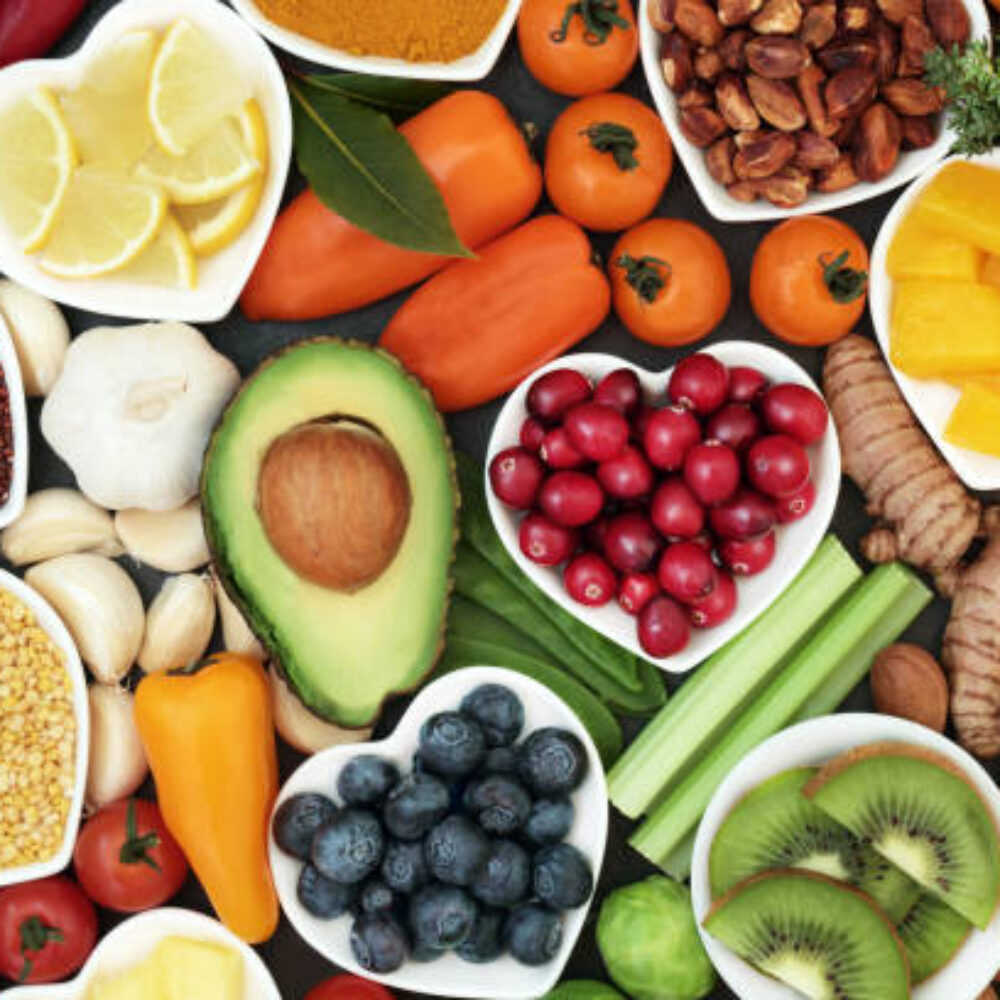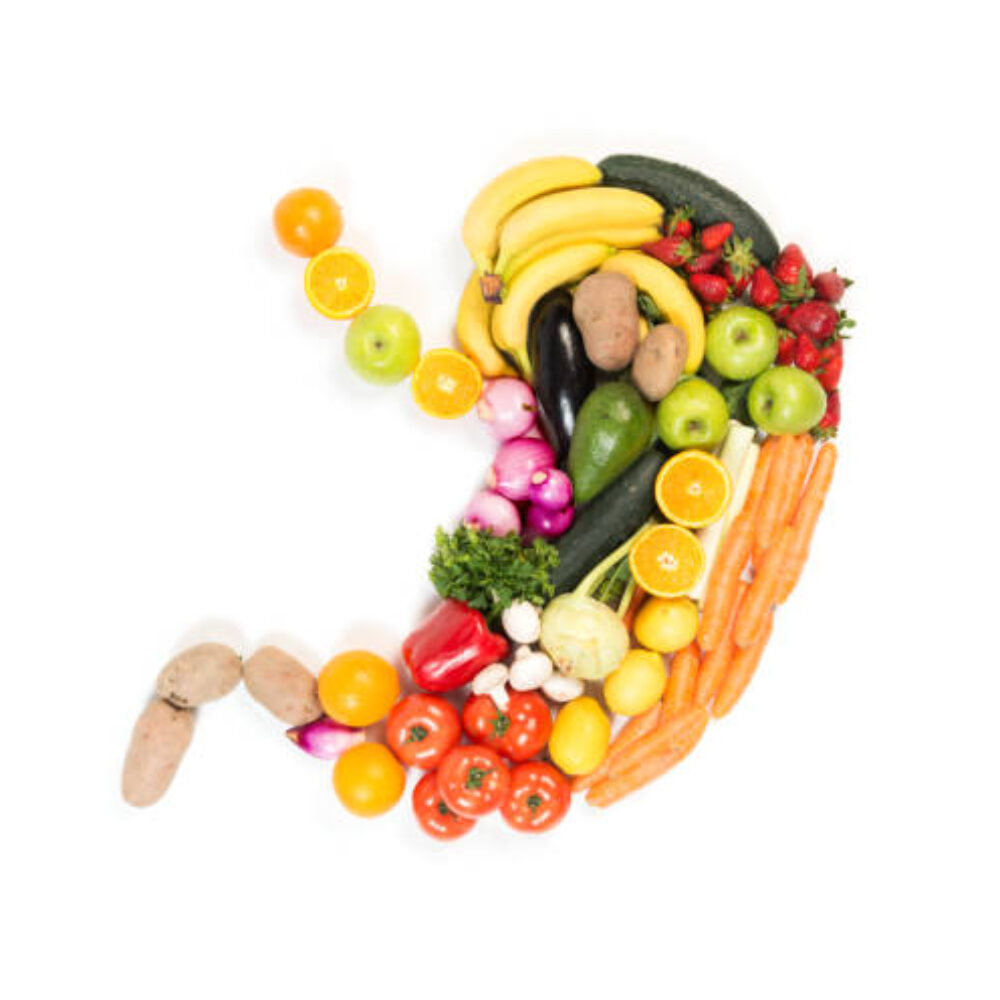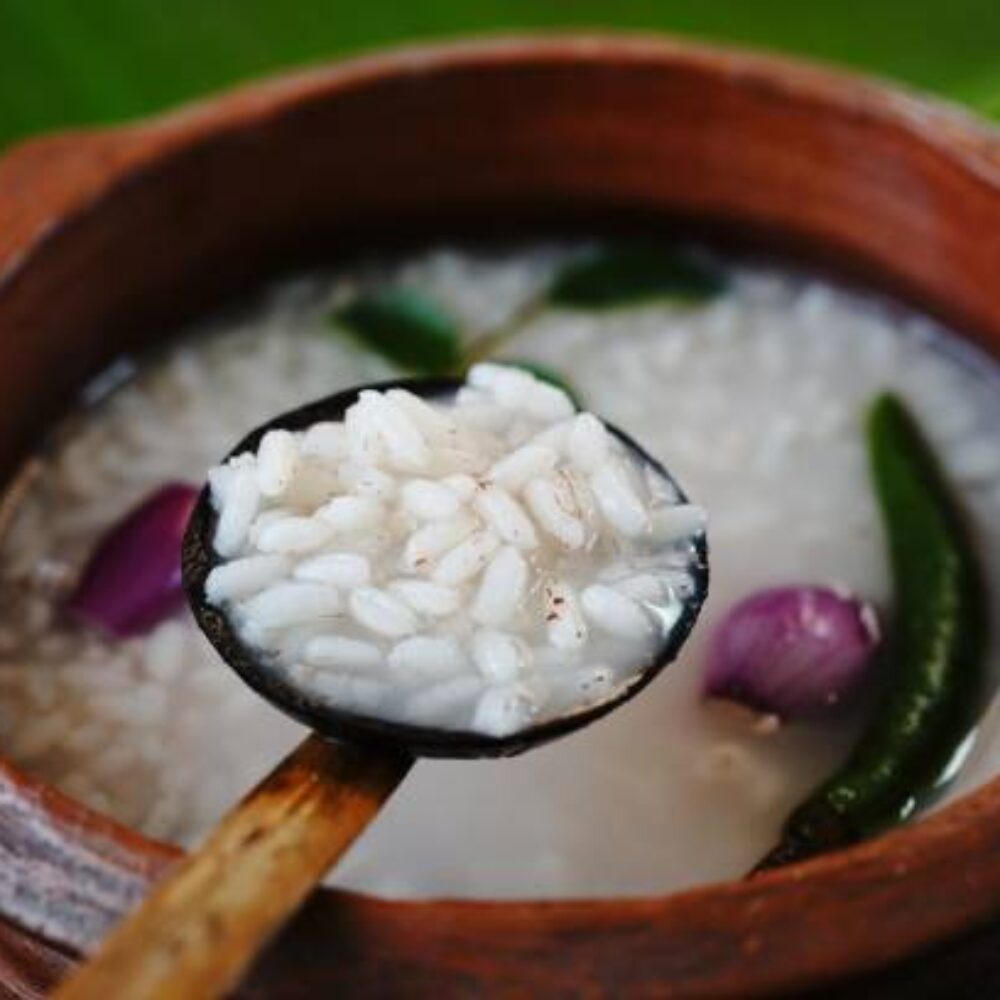Gastric problems do not occur if food is cooked and eaten with moderate spices. Again, some herbal spices are beneficial for gastric issues.
However, the consumption of excess oil in food is responsible for our gastric issues.

Almost everyone experiences gastric problems. Diet is often blamed for this. Irregular food intake and unhealthy eating habits are mainly responsible for gastritis. Gastric issues can also arise from the consumption of spices and oily foods.
Almost all of us consume street food and rich dishes. Some people overeat. These foods contain excessive spices and are prepared with unsanitary burnt oil, which is harmful to health and can lead to gastric problems.
Therefore, many people wonder whether oil or spice is the actual culprit behind gastric issues.
What is a gastric problem?
Gastric problems are complications of the digestive system. The digestive system’s role is to break down and digest the food we eat using various digestive juices.
When the digestive system fails to function correctly within a certain period, gastric problems arise.
Oil or spices—which is responsible for gastric problems?

If one consumes an excessive amount of oily or spicy food, the digestive system may struggle. Most of our food is rich in oil and spices.
If these foods are prepared in a healthy environment, they do not cause stomach issues. Many people believe that excessive spicy food is responsible for gastritis, but that is not necessarily the case.
Consuming spices in moderation does not cause gastric problems, and some herbs are beneficial for gastric issues. However, excess oil in food is responsible for gastritis.
There are many complications caused by gastric problems, so we should be careful when choosing our food. We must keep in mind that both excess oil and spices contribute to making food unhealthy and fatty.
Some Essential Oils for Gastric Problems
Some organic oils are beneficial for gastritis problems. Lemon verbena and lemongrass can reduce the effect of H. pylori. Additionally, ginger, mint oil, and clove oil benefit those with gastritis problems.

Tips to Reduce Gastric Problems
If you have gastric issues and want to reduce them naturally, you should follow some rules.
What to Eat:
1. Eat fiber-rich foods: Eating fiber-rich foods can increase your digestion power. Whole grains like millets, quinoa, fruits, and vegetables are beneficial for gut health.
However, be cautious not to consume too much fiber at once. Consume fiber-rich foods slowly. Consuming too much fiber at once can cause digestive problems.
2. Eat probiotic foods: Foods like yogurt, kimchi, beet kvass , and kanji rice help increase good gut bacteria. You can eat these regularly. Homemade varieties can be very beneficial for you.
3. Best spices for gut health Herbs: Like ginger, cinnamon, clove, and cardamom are beneficial for increasing your digestion power.
4. Eat low-acidity foods: Pay attention to which foods increase your gastric problems and avoid them.
Foods to Avoid for Gastritis Problems:
-
Avoid spicy foods. Overeating spicy food can decrease your digestive power over time, so it’s best to avoid these foods.
-
High-fat foods can cause stomach inflammation. Also, avoid highly acidic foods, alcohol, and fried foods, as they can cause gastritis problems.
-
Ultra-processed foods can exacerbate gastritis problems. Avoid these types of foods.
Practicing Healthy Eating Habits Can Reduce Gastritis Problems:
-
Do regular exercise: It helps increase your digestive power.
-
Ensure sufficient sleep: Aim for at least 7-8 hours of sleep per day. It’s helpful for gut health and your overall well-being.
-
Avoid overeating at night: If possible, have dinner at least 2 hours before bedtime. Eating and then lying down immediately can cause gastritis problems.
-
Chew your food properly: Mindful eating is very essential. Try to chew food properly; it will help to improve your digestion.
- Foods that are difficult to digest: Avoid foods that are hard to digest. If you are suffering from gastric issues, avoid foods like dairy products, spicy food, and processed food.
Frequently Asked Question
1. What are the symptoms of gastric problems?
- Some general Symptoms of Gastric Problems are Abdominal Discomfort or Pain, Bloating, Excessive Gas, Heartburn, Nausea or Vomiting, and Belching.
- Symptoms of serious Gastric Problems are Vomiting Blood (Hematemesis), Black, Tarry Stools, Hiccups, Weight Loss, Fatigue, and Sudden Abdominal Pain.
For detailed insights, you can review studies on these topics at the following links:
- BMC Gastroenterology: Gastric anisakiasis and symptoms
- MDPI: Impact of gastrointestinal symptoms on quality of life
2. How to quickly cure for gastric problem?
There is no overnight cure for gastric problems. Eating healthily and leading a healthy lifestyle can help prevent gastric issues. Some natural remedies can also work well for gastric problems.
If you have a serious gastric problem, please consult a health professional and follow their advice.
3. What is a red flag for gastritis?
- Blood in Vomit or Stools
- Black, Tarry Stools
- severe pain on the stomach
- Difficulty Swallowing (Dysphagia)
- Symptoms of Anemia
- Severe Bloating or Feeling of Fullness
- Fever or Signs of Infection
For more detailed information, you can review these resources:
- PLOS ONE study on red flag symptoms and gastritis
PLOS - BMJ Best Practice guide on gastritis symptoms and red flags
Best Practice
4. Can anxiety cause gastritis?
Yes, anxiety can cause gastritis or increase its symptoms. Because there is a connection between the gut brain axis and mental health.
Evidence from Research
Studies suggest a direct link between psychological stress and an increased risk of gastritis and peptic ulcers.



